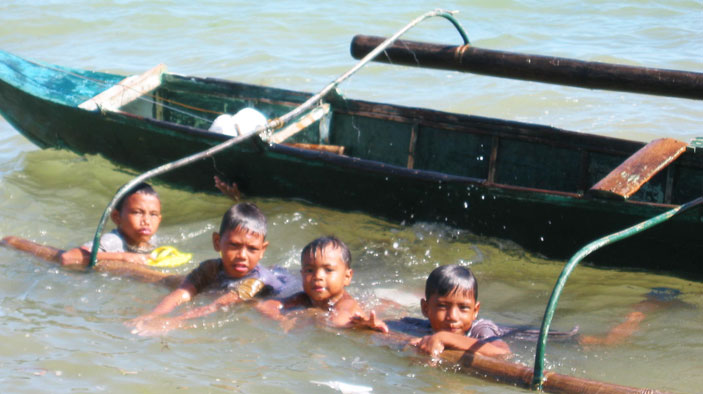Philippines—Environmental Governance Phase II (ECOGOV2)
Client: U.S. Agency for International Development
Duration: 2004-2011
Region: Asia and the Pacific
Country: Philippines
Solutions: Environment
Like most countries that have achieved significant economic development, the Philippines now is struggling with development’s byproducts: forest loss, declining fisheries, increased solid waste, and untreated wastewater. The key to overcoming these environmental problems is institutionalizing incentives for sustainable resource management. Building on the success of the DAI-implemented EcoGov I (2001–2004), this second phase of the program supported two important trends in the Philippines: the move toward integrated resource management, which addressed linkages and resolved conflicts between upland and coastal resources, and the move toward decentralization, which empowered local governments and communities to play bigger roles in managing their natural resources.

Sample Activities
- Provide technical assistance for the implementation of activities resulting in improved environmental governance by the project’s local and national counterparts.
- Improve management of forests, coastal areas, and solid waste.
- Promote local government investment in sanitation facilities.
- Maintain a grant fund of $350,000 and work with 12 local firms engaged in indefinite quantity subcontracts.
Select Results
- Helped 80 local governments better understand and meet their responsibilities in the management of public land designated as “only suitable for forest.”
- Created networks of marine-protected areas and networks of local government units responsible for fisheries management. These networks build managerial economies of scale, and build biologically significant protected areas.
- Helped local government units address their waste management responsibilities under Philippine law in a way that is appropriate for their relative income.
- Diverted 25 percent of solid waste from disposal sites (such as open and controlled dumps and sanitary landfills) through recycling and composting in 90 local government units.
RELATED CONTENT:
Türkiye—Technical Assistance on Preparation of River Basin Management Plans for Six Basins
DAI is strengthening Türkiye’s capacity to prepare European Union-required river basin management plans for six out of the 25 river basins in the country.
Read More